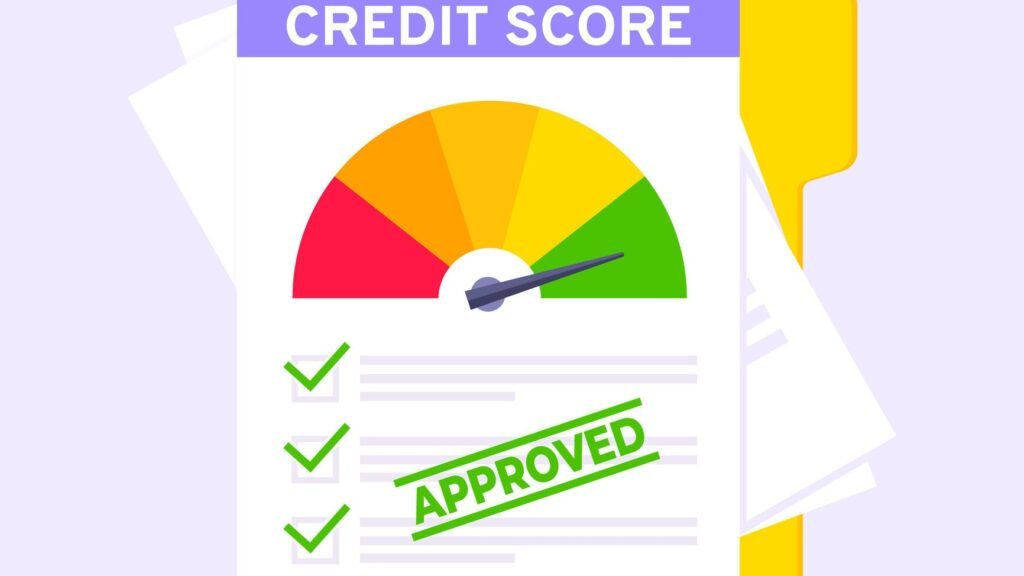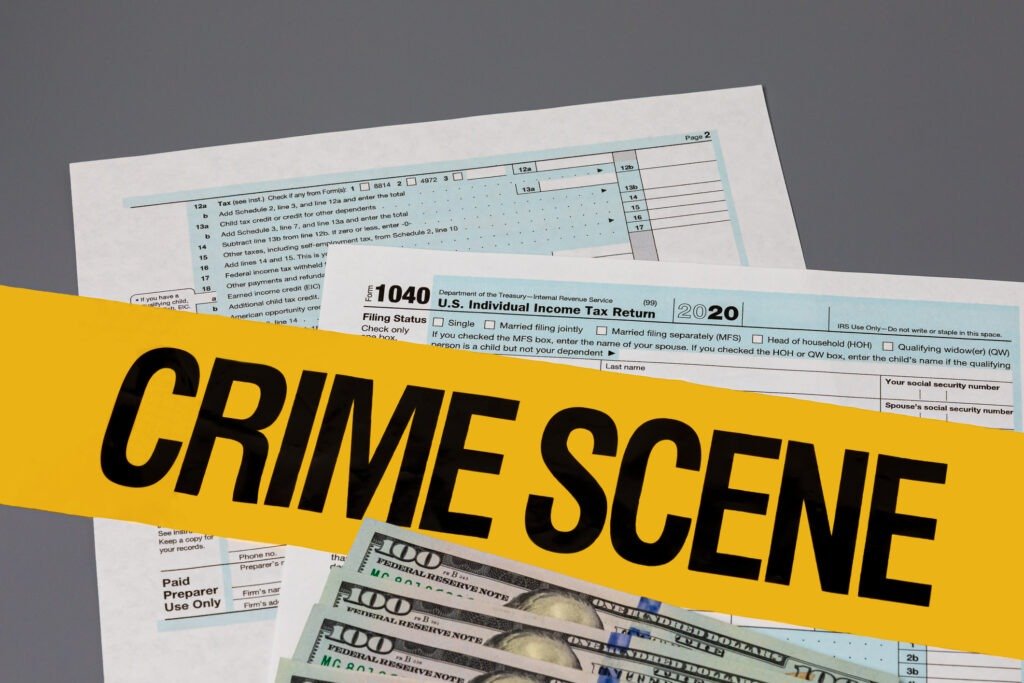
The Impact of Government Oversight on Payday Lending
Payday lending, also known as short-term loan or cash advance, has garnered significant attention in recent years due to its potential impacts on consumers and communities. As a result, government oversight has become an essential aspect of regulating this industry. Government oversight refers to the monitoring and enforcement conducted by regulatory agencies to ensure that payday lenders comply with relevant laws and regulations.
One of the primary impacts of government oversight on payday lending is the protection of consumers from predatory practices. Payday lenders often target vulnerable individuals who are in urgent need of financial assistance, charging exorbitantly high interest rates and fees. Government oversight helps to establish and enforce rules that limit the amount of interest and fees that payday lenders can charge, ensuring that borrowers are not trapped in a cycle of debt. Additionally, regulatory agencies conduct audits and inspections to ensure that payday lenders operate in a fair and transparent manner, providing clear and accurate information about loan terms to borrowers. By doing so, government oversight helps to promote consumer confidence and trust in the payday lending industry.
Understanding the Regulatory Landscape for Payday Loans
The regulatory landscape for payday loans in the United States is complex and constantly evolving. At the federal level, the Consumer Financial Protection Bureau (CFPB) plays a significant role in overseeing payday lending practices. Established in 2011 as part of the Dodd-Frank Wall Street Reform and Consumer Protection Act, the CFPB has the authority to implement and enforce regulations aimed at protecting consumers from abusive and predatory lending practices. The agency conducts regular examinations of payday lenders, enforces compliance with existing regulations, and has the power to issue fines and penalties for non-compliance.
In addition to federal oversight, state governments also have their own regulations in place regarding payday loans. These regulations can vary widely from state to state, with some states imposing strict limits on interest rates, loan amounts, and repayment terms, while others have more permissive rules. This patchwork of state-level regulations can make it challenging for payday lenders to navigate the ever-changing landscape and ensure compliance across all jurisdictions. It also creates disparities in consumer protection, as borrowers in less regulated states may be more vulnerable to predatory lending practices.
Exploring the Historical Context of Payday Loan Regulations
In order to fully understand the current regulatory landscape for payday loans, it is crucial to examine the historical context in which these regulations have evolved. Payday lending, as a concept, originated in the early 1990s as a response to a growing need for short-term financial solutions among low-income individuals. At that time, traditional lending institutions were often inaccessible to these individuals due to their poor credit scores or lack of collateral. Payday loans became an alternative source of quick cash, typically with the repayment due on the borrower’s next payday.
However, the rapid growth of the industry also brought about several concerns regarding the interest rates and fees charged by payday lenders. This led to a series of regulatory interventions at both the federal and state levels. In the late 1990s and early 2000s, some states began implementing various restrictions on payday lending practices, such as placing caps on interest rates or limiting the number of loans a borrower could take out within a certain time frame. These state-level regulations laid the foundation for the current regulatory framework that governs payday lending in the United States.
The Role of Consumer Protection in
Consumer protection plays a crucial role in the regulations governing payday loans at the federal level. The aim of these regulations is to safeguard the interests of consumers and prevent them from falling prey to predatory lending practices. To achieve this, federal agencies such as the Consumer Financial Protection Bureau (CFPB) have implemented various measures to monitor and regulate the payday lending industry. These measures include setting limits on the interest rates charged, requiring lenders to disclose all relevant loan terms and fees, and enforcing strict guidelines for loan repayment and debt collection practices. By implementing these consumer protection measures, the federal government aims to ensure that payday loan borrowers are treated fairly and are not subjected to exploitative practices that could lead to financial distress or cycles of debt. Additionally, these regulations also seek to promote transparency and accountability within the payday lending industry, further enhancing consumer confidence and trust.
Key Features of the Dodd-Frank Act and Its Effects on Payday Lending
The Dodd-Frank Act, which was signed into law in 2010, introduced several key provisions that have significantly impacted the payday lending industry. One of the most prominent features of the act is the creation of the Consumer Financial Protection Bureau (CFPB). This agency was tasked with regulating and supervising consumer financial products and services, including payday loans. The CFPB has adopted several rules and regulations to promote transparency and protect consumers from predatory lending practices.
One major effect of the Dodd-Frank Act on payday lending is the imposition of more stringent underwriting requirements. Prior to the act, payday lenders had relatively lax guidelines for approving loans, often allowing borrowers to access quick cash without conducting thorough assessments of their ability to repay. However, under the new regulations, lenders are now required to assess a borrower’s ability to repay the loan based on their income, expenses, and other financial obligations. This has led to increased scrutiny and more responsible lending practices within the industry.
Examining State-Level Regulations and Their Influence on Payday Loans
The regulation of payday loans varies significantly from state to state, resulting in a vast array of approaches and outcomes across the country. Some states have implemented strict regulations that significantly restrict payday lending businesses, while others have adopted a more lenient approach that allows for greater flexibility and accessibility. These state-level regulations play a crucial role in shaping the payday loan industry and determining the availability of these short-term, high-interest loans for consumers.
In states with tighter regulations, payday loan lenders often face stricter licensing requirements, fee limitations, and borrowing restrictions. These regulations are intended to protect consumers from predatory lending practices and excessive interest rates. However, they can also limit the availability of payday loans for individuals who rely on them as a source of emergency funding. On the other hand, states with more relaxed regulations may see a higher number of payday loan businesses operating, providing borrowers with greater access to quick funds but potentially exposing them to higher risks and fees. The influence of state-level regulations on payday loans is a complex and intricate issue that requires careful examination and consideration.


